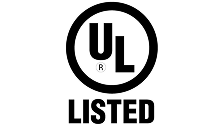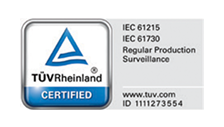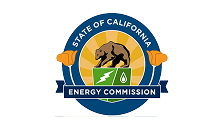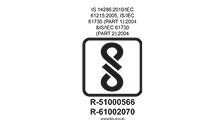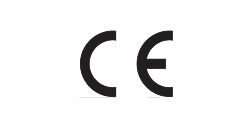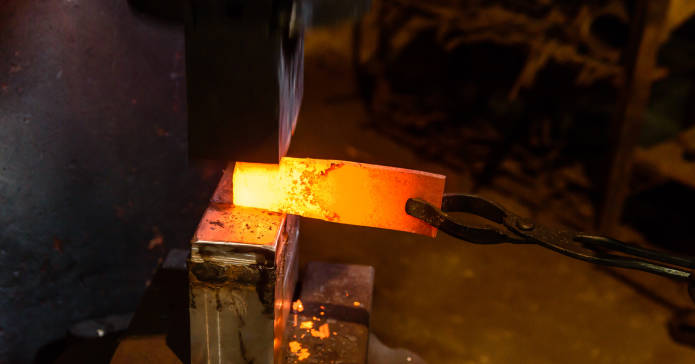
The forging manufacturing process utilizes metal that is hammered, pressed, or rolled under intense, localized pressure. The parts are shaped into high-strength components known as forgings.
Forged parts are stronger than the parts manufactured through other processes and are often used in applications where strength, reliability, and safety are critical. Unimacts has extensive experience in forging high-quality, highly specialized rings for wind turbine towers and other industrial applications. Our commitment to precision and customer satisfaction allows us to deliver high-quality, well-priced products on schedule. Once forged, components can be post-processed by precision CNC machining and surface finishing.
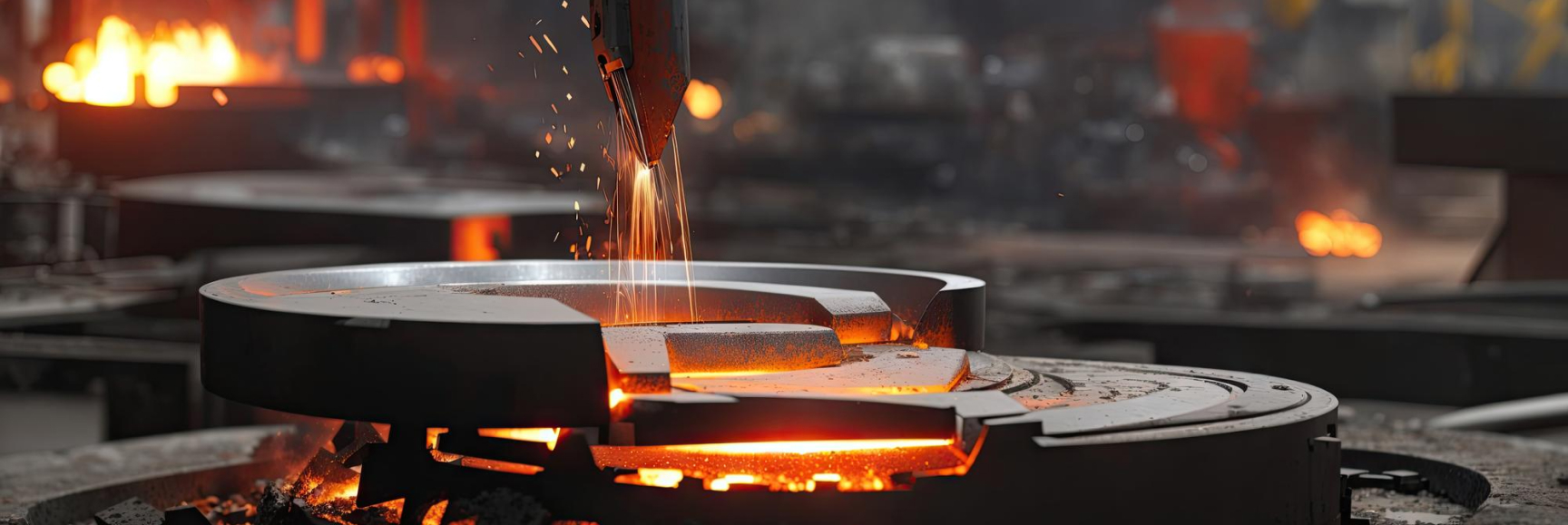
We understand that every project is unique, so we offer personalized solutions tailored to your specific requirements. Whether you need custom forgings for a specialized application or high-volume production for industrial projects, we have the expertise and flexibility to meet your needs with efficiency and precision.
Start Your Forging Project TodaySubmit the relevant part drawings, 3D files, and other information by clicking on the button below. We’ll make sure that it gets processed promptly, and that you receive a quote ASAP.
Get a QuoteWe can post-process forged components to your exact specifications, including finish machining, heat treatment, and various surface treatments. Our quality-driven processes ensure that your forged parts meet your exact specifications in terms of material chemistry, dimensional stability, mechanical properties, and structural integrity.
Unimacts performs open-die forging between flat dies with no pre-cut profiles in the dies. This method involves moving the workpiece in order to shape it. This can be done with large parts that weigh over 150 tons and up to 25 meters in length. Forging can be done with various types of alloys, including ferrous, non-ferrous, and some exotics like age-hardening superalloys and corrosion-resistant refractory alloys. The shapes that can be created are limited only by the creativity of the manufacturing engineer. A benefit of this method is the ability to create prototypes in single-piece or low volume.
Open-die forgings impart similar grain flow orientation, deformation, and other beneficial characteristics when compared to closed-die forgings. Tooling and setup costs are eliminated with open-die forging, which is common for producing hardware tools and forged automotive components including crankshafts, drive shafts, and transmission shafts and gears.
Unimacts is ISO 9001/2015 certified and our UOS (Unimacts Operating System) is based on Lean Six Sigma. Our materials, welding and coating processes are typically based on ASTM, AWS, or EN specifications. These industry certifications help ensure that your solar projects are built to and uphold the highest quality and performance standards.
